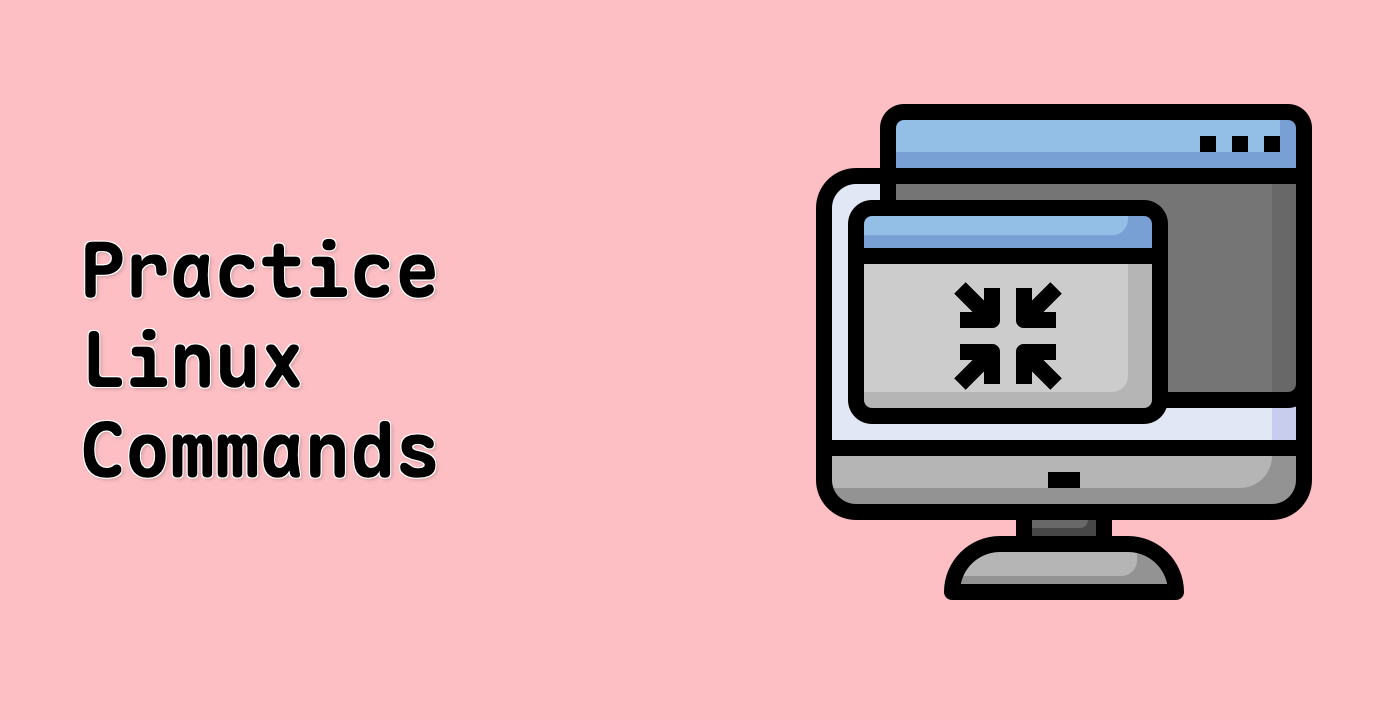Search for Files Using the locate Command
In this step, you will learn how to use the locate command to search for files on your system.
The locate command uses the locate database, which was updated in the previous step, to quickly search for files. The locate command is much faster than using the find command, as it doesn't have to scan the entire file system.
Let's start by using the locate command to search for a file:
locate bash
Example output:
/bin/bash
/etc/bash.bashrc
/etc/skel/.bashrc
/usr/bin/bashbug
/usr/bin/pkexec
/usr/include/bash
/usr/include/bashline.h
/usr/lib/bash
/usr/lib/x86_64-linux-gnu/libbash.so.5
/usr/share/bash-completion
/usr/share/bash-completion/bash_completion
/usr/share/doc/bash
/usr/share/doc/bash/changelog.Debian.gz
/usr/share/doc/bash/copyright
/usr/share/man/man1/bash.1.gz
As you can see, the locate command returns a list of all the files on the system that contain the word "bash" in their path.
You can also use wildcards with the locate command to search for files with a specific pattern:
locate *.txt
This will return a list of all the .txt files on the system.
The locate command is a powerful tool for quickly searching for files on your system. It's much faster than using the find command, especially for large file systems.




